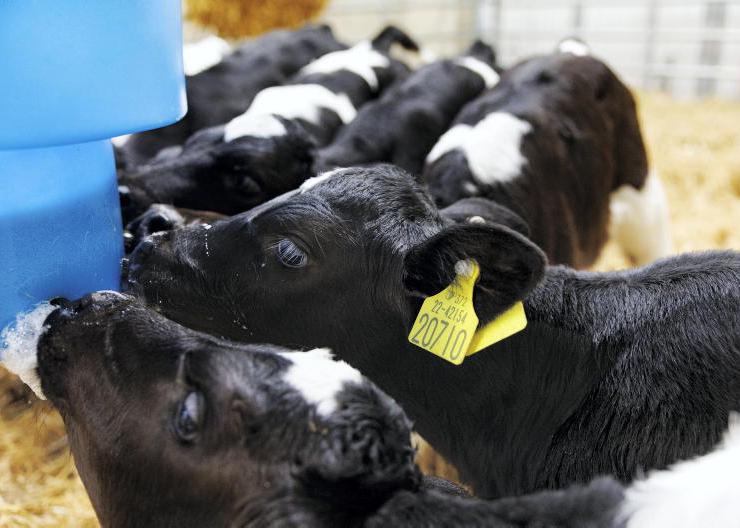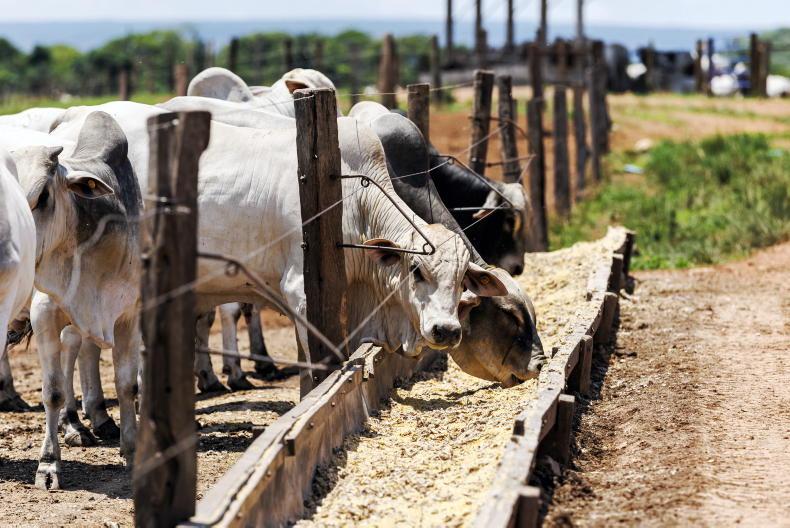For EU farmers, trade deals are a curate’s egg: good in parts but with plenty of threats built in as well. Hence the CETA deal with Canada opens the EU market to Canadian beef – but there will also be trade the other way, with plenty of export opportunity now the export tariff is gone.
Scotland participated at the SAIL food show in Toronto in May this year and found plenty of interest in a wide range of Scottish produce.
A deal with Mercosur is different, though. The EU offer of 70,000 tonnes tariff rate quote (TRQ) presents a threat to Irish and EU beef farmers that is unprecedented.
This has been recognised by the European Commission’s own cumulative impact assessment, which confirms the threat. Yet the attraction of a deal to DG Trade, the European Commission’s trade department, is so great because of the opportunities in wider industry and services, that it seems that sacrifice of Europe’s beef farmers is justified.
It is still far from a done deal, however. There is a very significant divide emerging among member states on what price is justified for a deal. Ireland and France were to the forefront in building opposition, which amounted to 11 countries formally opposing an offer with support later added from three more.
Among these is France, which is the big beast of the EU when it comes to defending farming interests.
One of the most significant achievements is securing the support of President Macron in opposing the offer. The UK, however, was on the other side: in favour of an offer on beef to secure an overall deal.
WTO Angle
The issue of Brexit features strongly in opposition in Europe for expanding the quota access for South American countries.
The belief is that, with the UK outside the Customs Union, there is an avalanche of Irish beef heading to mainland Europe, potentially 250,000 tonnes.
This is a scenario not envisaged when Mercosur discussion began – or at any point in the negotiations, up until the middle of last year when the UK voted to leave the EU.
In the fraught negotiations on Brexit between the EU and UK, progress has been lamentably slow. Theresa May’s visit to the Commission President for dinner in Brussels this week demonstrates that anxiety is building in the UK about delivering the Brexit that its advocates have been promoting.
One area where real progress has been achieved is general agreement between the EU and UK on dividing up quotas between the future EU 27 and the UK. The general principle was that quotas should be divided pro rata on share that was used between the UK and EU27.
Therefore, in the case of New Zealand lamb, if the UK took 40% of the 230,000 tonne quota, then in future the quota should be divided 40% to the UK and 60% to the EU 27.
Objections
The WTO has been notified of this, but a problem has emerged, even before the formal proposal was submitted to the WTO by the UK and EU.
A group of exporting countries – including New Zealand, the USA, Argentina and Brazil – are objecting to the EU-UK proposals on import quotas. They are contending that a split quota between the EU 27 and UK is nowhere near as attractive as one quota covering the EU 28. They want additional quota to offset the flexibility, with the extreme suggestion of the same quota for each being available to maintain the present flexibility.
Mercosur angle
There is a view in EU circles this week that the Mercosur countries are over playing their hand here. Opinion is developing in Brussels as to whether the EU should be engaged in bilateral offers, while those we are in negotiation with in Mercosur are looking to broaden their access at WTO through their objection to a separate EU-UK negotiation.
By pursuing a WTO angle as well as negotiating a bilateral deal, there is plenty of thinking in Brussels that Mercosur are looking to “have their cake and eat it” to borrow a phrase from the UK Foreign Secretary.
It is also major progress to get the Mercosur issue on to this week’s council agenda and have the French president advocating strongly against the offer. The last round of negotiations with Mercosur may have resulted in a formal beef TRQ offer, but there is a very long way to go before this is over the line. A strong and credible defence is being built, and the pitch by Mercosur to WTO on an internal EU-UK affair has suggested that now is maybe not the time to pursue a bilateral beef offering.








SHARING OPTIONS